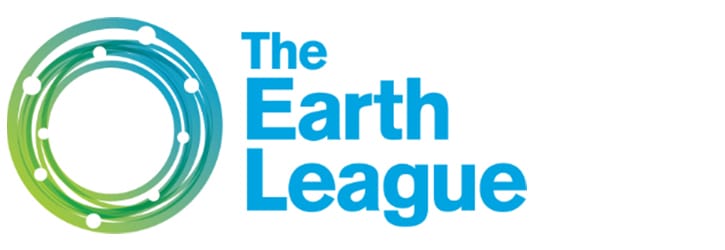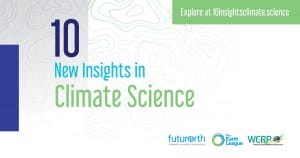The report findings underscore the looming inevitability of overshooting the Paris Agreement’s 1.5°C global warming target, emphasizing the urgency of a rapid and managed fossil fuel phase-out.
On December 3, 2023 at COP28 in Dubai, United Arab Emirates, leading global experts in social and natural sciences unveiled the annual 10 New Insights in Climate Science report, alongside UNFCCC Executive Secretary, Mr. Simon Stiell. The report equips policymakers with the latest and most pivotal climate science research from the previous 18 months, synthesized to help inform negotiations at COP28 and policy implementation through 2024 and beyond.
Read the report here: https://10insightsclimate.science.
Additional resources for media can be found here: https://10insightsclimate.science/year-2023/resources-for-media.





